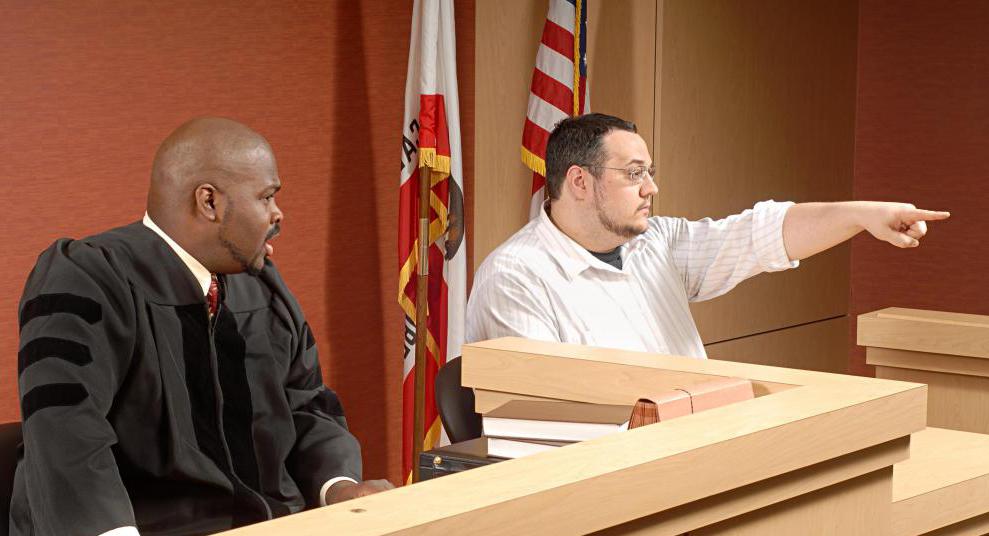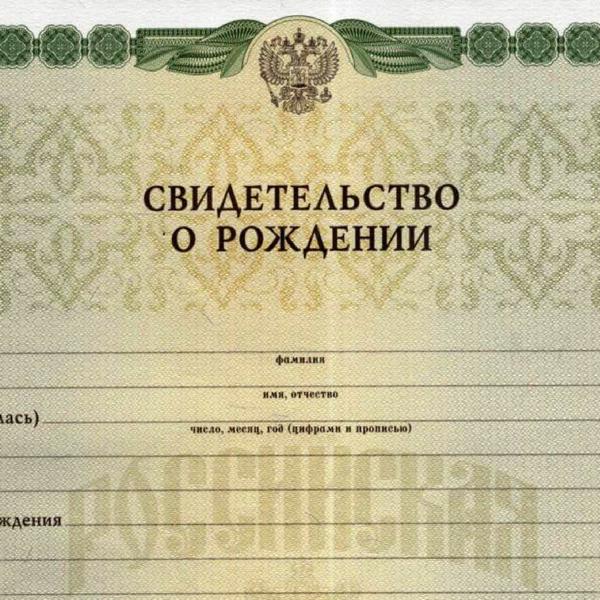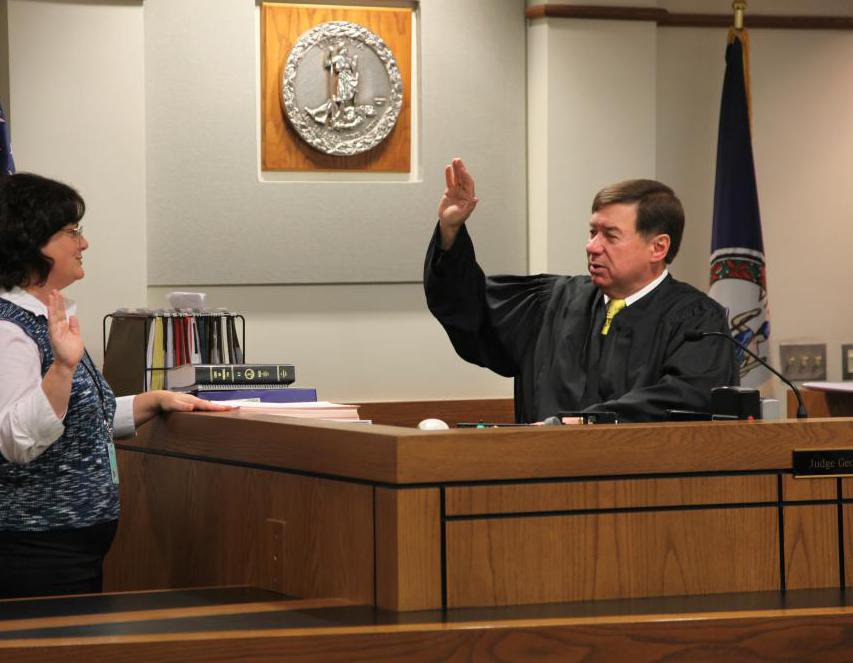What is a certificate? As a rule, when pronouncing this word, one recalls such a document as a birth certificate, without which not a single person can do in our country at the first stage of his life. However, the interpretation of this token is not limited to this. There are other meanings of “evidence”, which will be considered in the article.
Dictionary Interpretation
The dictionary says that testimony is the confirmation of something by an informed person. Example: “Lisa quickly realized that in order to justify herself to her mother for yesterday’s late arrival, she would need her brother’s testimony that they spent time together.”
And also in the dictionary another interpretation is given, which means that the testimony is also what is considered as confirmation, confirmation of any event or fact. Example: “According to Sasha, Igor’s words were very important in this case, since they could serve as evidence that Sasha acted honestly and did not betray friends to anyone.”
However, the meanings of the word “testimony” do not end there, as will be illustrated below.
Other values
Among them are such as:

- Testimony by a witness in a court of law. Example: “Article 56 of the Code of Criminal Procedure of the Russian Federation says that a certificate in court may be carried out by any person who knows any circumstances that are of interest for the investigation of the case and its resolution. Moreover, the testimony is not just a right, but an obligation of every citizen. ”
- The presence of a person at an event in order to authenticate something at an official level. Example: “In the process of drawing up a will, a testimony of a person is possible if the testator so wishes. In this case, this person puts his signature in the will indicating his last name, first name, patronymic and place of residence in accordance with the document that certifies his identity. "
Another option

The final version of the interpretation of “evidence” is a document, which is an identification of something. Example: “A simple warehouse certificate is a commodity security that is issued to bearer. Its design and appeal are regulated in accordance with the instructions of the Civil Code of the Russian Federation. The goods which are accepted for storage in accordance with such a certificate may act as a pledged item during the storage period. ”
Further, it will be advisable to consider the origin of the studied word.
Etymology

According to linguists, the studied object originates from the Old Russian and Old Slavonic languages, where the noun was used (witness). For those who are interested in details, a small reference will be given on the relationship between the two indicated languages. Some, unknowingly, believe that this is one and the same language. In fact, the picture is as follows:
- Old Russian is the direct progenitor of modern Russian. In Ancient Russia, he was conversational, lively and belonged to the East Slavic branch of the ancient dialects of the Slavs.
- Old Slavonic never belonged to everyday languages; it was an artificial entity intended for the needs of worship. Its creators were brothers - Konstantin Philosopher and Michael, who are better known to us as Cyril and Methodius.
Having completed the examination of the retreat, which helps to delve deeper into the study of the etymology of the word "evidence", we can return directly to it.The ancient word eater goes back to the Old Slavic verb vѣdѣi, meaning "to know." The appearance of the latter, in turn, is associated with the verb "see." And also the token of the eater is compared with:
- Polish świadek;
- Czech svědek;
- Slovak svedok;
- Serbo-Croatian information.
